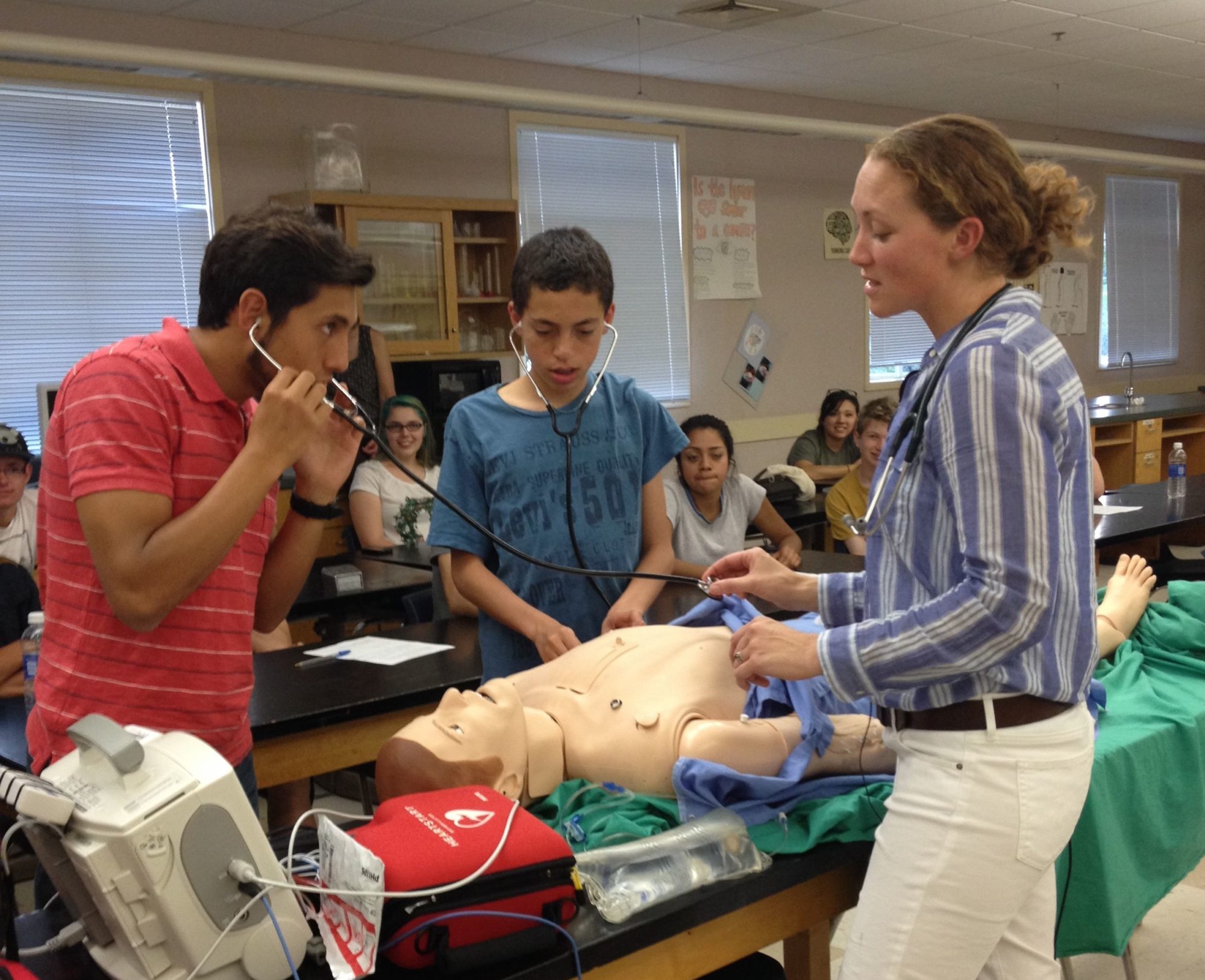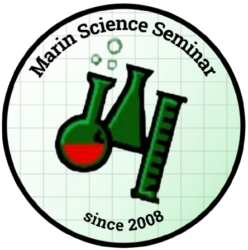Dr. Cleaver will describe the discovery of a Guatemalan village with a high incidence of skin cancer and his lab’s plans for their care. The genetic cause is a failure to repair sunlight damage to DNA. Repair of DNA is a mechanism our bodies possess for protection against all kinds of environmental exposures. DNA repair defects are involved in many kinds of cancer and neurodegenerative disease. Get the flyer here. (April 21, 2010)
Dr. Cleaver gained his BA and PhD at the University of Cambridge, England. He spent two years as a postdoctoral student at Harvard, and joined the faculty of UCSF in 1966 in the Laboratory of Radiobiology and Environmental Health, and became the research director. He discovered that the basis of xeroderma pigmentosum was a DNA repair deficiency in 1968, and has worked on this and related diseases ever since. He was granted Emeritus status at UCSF in January 2004, but continues to carry out research. His appointments as Professor are held in the Departments of Dermatology and of Pharmaceutical Chemistry and he is a member of the UCSF Cancer Center.
Dr. Cleaver is an internationally recognized expert on the molecular mechanisms of environmentally-induced and genetically-determined human cancers. He demonstrated as early as 1968 that cancer can be viewed as a genetic disease and his revolutionary work on xeroderma pigmentosum has led to breakthroughs in our understanding of the link between DNA repair efficiency and human disease. His pioneering work has resulted in more than 350 papers and reviews. He received research awards from the Radiation Research Society (1973), American Academy of Dermatology (1976), the Phycological Society (1991), Harvard University JB Little award (2003), the UCSF Faculty Research lectureship (2004) and the American Skin Association (2006), He was elected to the National Academy of Sciences in 1999.


